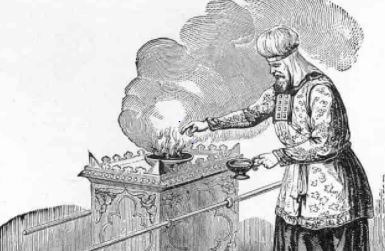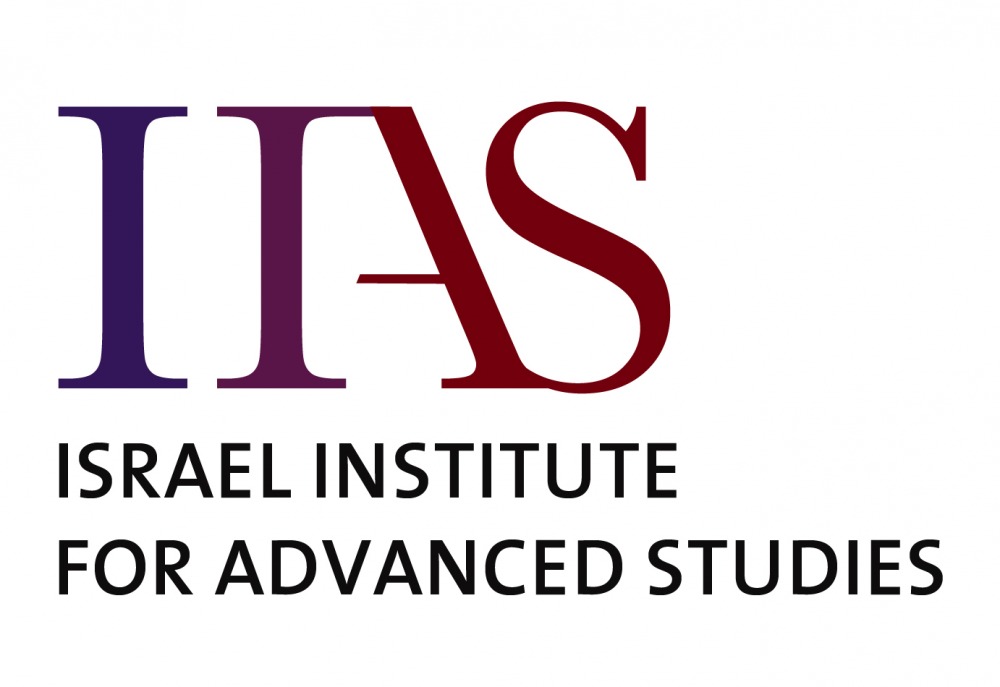
The End of Priesthood: Changing roles of priests in Mediterranean societies
1st Century BCE - 7th Century CE
DIRECTOR:
Haym Soloveitchik, Yeshiva University
CO-DIRECTORS:
Isaiah M. Gafni, The Hebrew University of Jerusalem
Guy G. Stroumsa, The Hebrew University of Jerusalem
SPEAKERS:
Jacco Dieleman, University of California, Los Angeles
Rachel Elior, The Hebrew University of Jerusalem
Isaiah M. Gafni, The Hebrew University of Jerusalem
Oded Ir-Shai, The Hebrew University of Jerusalem
Winrich Loehr, University of Hamburg
Serge Ruzer, The Hebrew University of Jerusalem
Michele R. Salzman, University of California, Riverside
Guy G. Stroumsa, The Hebrew University of Jerusalem
Under the Roman Empire, sweeping changes occurred in the social and religious fabric of Mediterranean and Near Eastern societies. Judiasm underwent radical redefinition with the destruction of the Temple in Jerusalem (70 CE), Christianity as a distinct religion made its appearance, and while the religions of Rome and the East still played major roles, they too were destined to confront major challenges, culminating in the prohibition of pagan sacrifices before the end of the fourth century . All this resulted in vastly changing roles for the religious leadership of the Late Antique world, most notably impacting on the role and functions of priesthood. The School for Jewish Studies and Comparative History will address the vicissitudes of the priestly classes in various religions during the waning centuries of the ancient world, taking into account variegated literary sources (rabbinic and patristic literature; liturgical poetry; historiography) as well as archaeological evidence.
The format of the school will be a seminar workshop, with brief presentations leading into close readings and analysis of relevant source material, and interaction between faculty and students. Advanced graduate students from Israel and abroad will be invited to attend, and faculty members will make themselves available to students throughout the school's duration.

